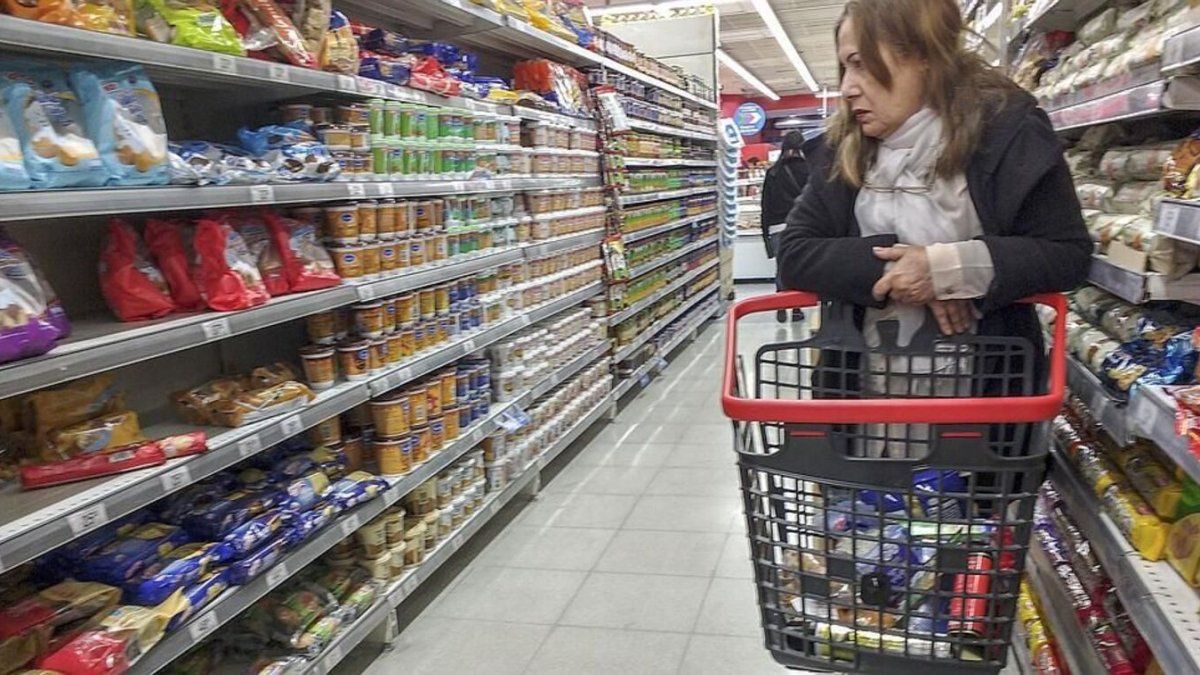The almost completed Baltic Sea pipeline is supposed to bring Russian gas to Germany – bypassing the Ukraine, which is dependent on the income from the gas transit. In addition to other groups, OMV is also involved in the financing of the pipeline.
Nuland said that in the agreement Germany committed itself to measures “should Russia try to use energy as a weapon or to commit further aggressive acts against Ukraine”. That includes possible sanctions. Support for an extension of the gas transit agreement through Ukraine, which expires in 2024, for a further ten years has also been agreed. Work will also be done to reduce Ukraine’s dependence on Russian gas and transit revenues.
Nuland stressed that the administration of US President Joe Biden continues to believe that Nord Stream 2 is “a bad deal” that will increase Europe’s dependence on Russian energy. “This is a bad situation and a bad pipeline, but we have to help protect Ukraine and I feel that with this agreement we have taken some important steps in that direction.”
However, criticism came from the Ukraine. From the office of President Volodymyr Zelenskyj it said on Wednesday: “The decision on Nord Stream 2 cannot be made behind the back of all those who threaten the project in real terms.” That could only be clarified at a personal meeting of Zelenskyj with US President Joe Biden. The White House announced on Wednesday that Biden’s meeting with Zelenskyi was planned for the end of August.
Praise came from Moscow: “This agreement gives us the opportunity to finish the construction of Nord Stream 2 in peace and to start operations completely,” said Vladimir Jabarow of the Federation Council – the upper house of the Russian parliament – of the Interfax agency. At the same time, he set conditions for a possible extension of the transit agreement through Ukraine: Ukraine should prove itself as a “constructive partner”. Under “normal conditions” nobody would put pressure on Ukraine.
US President Joe Biden and German Chancellor Angela Merkel (CDU) summoned a new start in German-American relations in Washington last Thursday, after difficult years under Biden’s predecessor Donald Trump.
Biden said he had reiterated his concerns about the pipeline to Merkel. Russia should not use this to “blackmail Ukraine in any way”. Merkel said that Nord Stream 2 is an additional project and not an alternative to gas transit through Ukraine: “Our understanding was and is and will remain that Ukraine remains a transit country for natural gas.” Merkel made it clear that “active action” will also be taken if Russia does not honor Ukraine’s right to gas transit.
Russian Foreign Minister Sergei Lavrov said that any threat of sanctions was “unacceptable”. Russia will wait for the official explanation, he told the Interfax agency.
In the USA there has been cross-party resistance to Nord Stream 2 for years. The foreseeable agreement is therefore likely to meet with strong resistance in Congress. There, many Republicans reject the project and demand sanctions, as do some of Biden’s Democrats. Critics see the pipeline as a geopolitical project by Russia that threatens Europe’s energy security. They also complain that the pipeline could harm Ukraine. Kiev is dependent on billions in revenue from Russian gas transit. Proponents of the pipeline, on the other hand, accuse the USA of only wanting to sell their own, more expensive gas in Europe.
German Chancellor Angela Merkel spoke to Russian President Vladimir Putin on Wednesday about the Nord Stream 2 gas pipeline. A government spokeswoman announced this in the evening in Berlin. On the one hand, the phone call was about the implementation of the Minsk agreements for a peaceful solution to the conflict in eastern Ukraine. “Energy issues such as gas transit through Ukraine and the Nord Stream 2 pipeline were also discussed,” she added.




